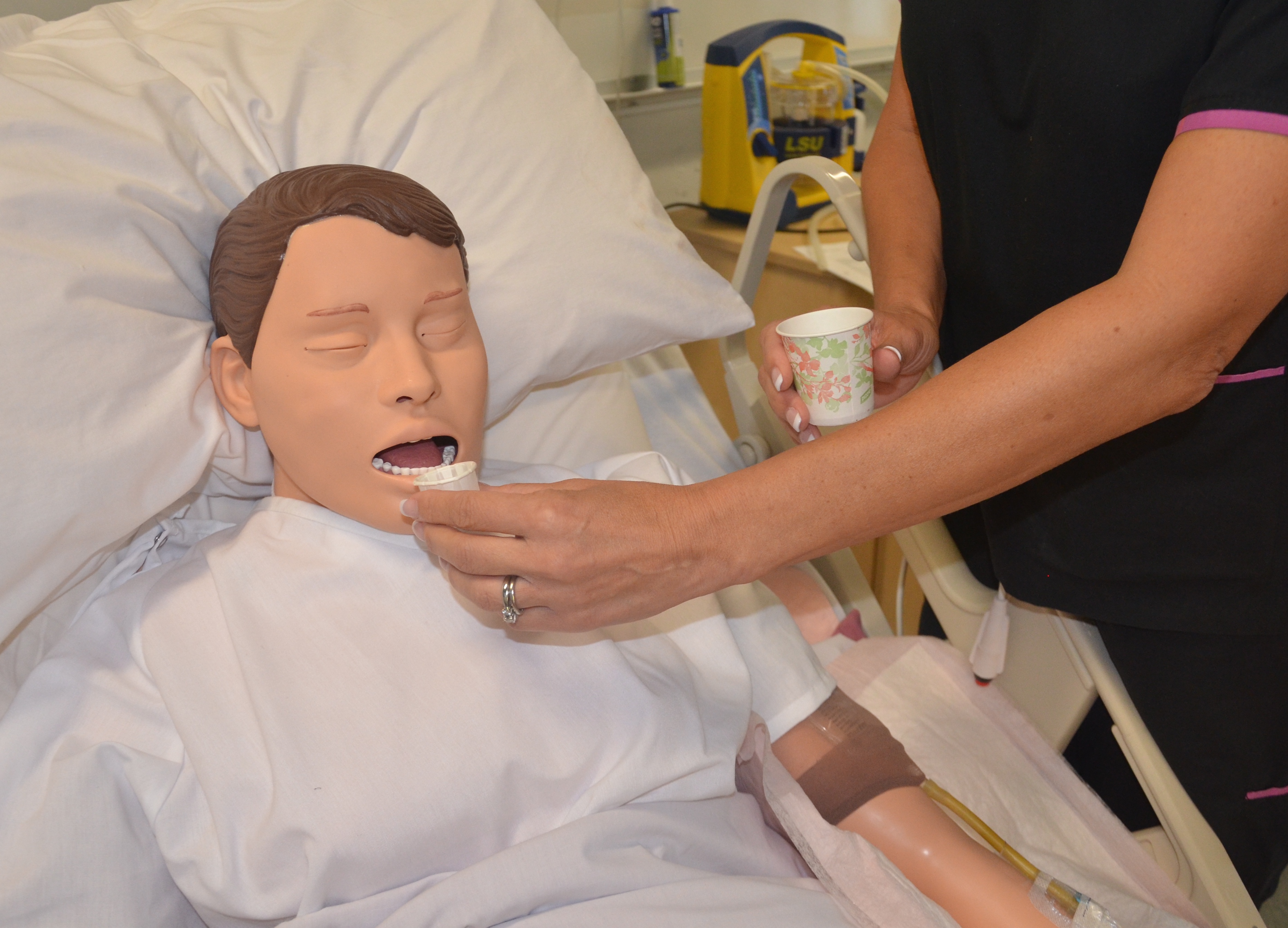|
Lisinopril
Lisinopril is a medication of the angiotensin-converting enzyme (ACE) inhibitor and is used to treat high blood pressure, heart failure, and after heart attacks. For high blood pressure it is usually a first-line treatment. It is also used to prevent kidney problems in people with diabetes mellitus. Lisinopril is taken by mouth. Full effect may take up to four weeks to occur. Common side effects include headache, dizziness, feeling tired, cough, nausea, and rash. Serious side effects may include low blood pressure, liver problems, high blood potassium, and angioedema. Use is not recommended during the entire duration of pregnancy as it may harm the baby. Lisinopril works by inhibiting the renin–angiotensin–aldosterone system. Lisinopril was patented in 1978 and approved for medical use in the United States in 1987. It is available as a generic medication. In 2020, it was the fourth most commonly prescribed medication in the United States, with more than 88million p ... [...More Info...] [...Related Items...] OR: [Wikipedia] [Google] [Baidu] |
Drugs
A drug is any chemical substance that causes a change in an organism's physiology or psychology when consumed. Drugs are typically distinguished from food and substances that provide nutritional support. Consumption of drugs can be via inhalation, injection, smoking, ingestion, absorption via a patch on the skin, suppository, or dissolution under the tongue. In pharmacology, a drug is a chemical substance, typically of known structure, which, when administered to a living organism, produces a biological effect. A pharmaceutical drug, also called a medication or medicine, is a chemical substance used to treat, cure, prevent, or diagnose a disease or to promote well-being. Traditionally drugs were obtained through extraction from medicinal plants, but more recently also by organic synthesis. Pharmaceutical drugs may be used for a limited duration, or on a regular basis for chronic disorders. Pharmaceutical drugs are often classified into drug classes—groups of related dru ... [...More Info...] [...Related Items...] OR: [Wikipedia] [Google] [Baidu] |
Oral Administration
Oral administration is a route of administration where a substance is taken through the mouth. Per os abbreviated to P.O. is sometimes used as a direction for medication to be taken orally. Many medications are taken orally because they are intended to have a systemic effect, reaching different parts of the body via the bloodstream, for example. Oral administration can be easier and less painful than other routes, such as injection. However, the onset of action is relatively low, and the effectiveness is reduced if it is not absorbed properly in the digestive system, or if it is broken down by digestive enzymes before it can reach the bloodstream. Some medications may cause gastrointestinal side effects, such as nausea or vomiting, when taken orally. Oral administration can also only be applied to conscious patients, and patients willing and able to swallow. Terminology ''Per os'' (; ''P.O.'') is an adverbial phrase meaning literally from Latin "through the mouth" or "by ... [...More Info...] [...Related Items...] OR: [Wikipedia] [Google] [Baidu] |


